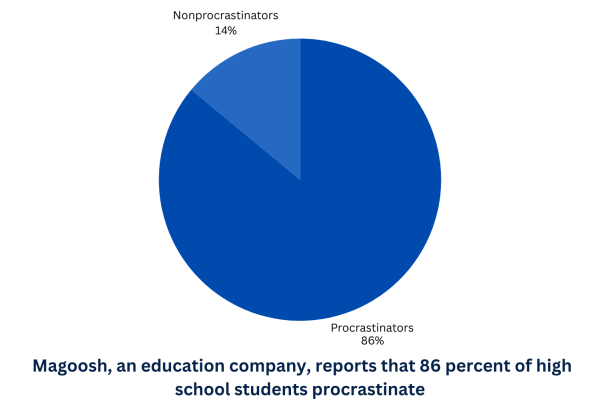A Bad Mood Doesn’t Justify Being Rude
We’ve all had our moments.
The moments where you have two exams on Tuesday and a swim meet Monday night and a chemistry lab you just don’t understand and an entire load of laundry that your parents insist you wash by Wednesday or else you can’t use the car this upcoming weekend.
And you snap.
You snap, maybe at a friend or a sibling, because life gets hectic and stressful, and sometimes there’s just too much to think about at once, and you can’t handle the tone your friend is giving you at lunch today.
Oftentimes when we “snap,” it just consists of aggressive attitude, like criticizing the story they’re telling you because it sounds stupid. But we’ve all been there — we’ve all had those moments.
But what about the times when it’s not just academic stressors that cause you to snap? Many of us have had moments when money is tight or a grandmother is suffering from Alzheimer’s or maybe you’re struggling with depression or anxiety.
And again, you snap because of course life is stressful. It’s stressful at many different levels. Tests are stressful. Finances are stressful. Family conflicts are stressful. They’re not all to the same degree of stress, per se, but all of those conflicts produce varying levels of stress in our lives that we more often than not react negatively to.
But does that validate the reason you “snapped”?
Firstly, I’d like to emphasize that events such as depressive episodes, dissociation, anxiety attacks, etc. are not the “snaps” I’m talking about. Such episodes directly pertain to medical concerns; they should be addressed by a trusted adult and a doctor. Those mental illnesses are entirely separate from the bad days and stressful moments that I’m discussing.
Now let’s address the question: Do moments of stress or internal struggle validate poor treatment towards those around you?
Absolutely not!
We all will have those days when we’re just rude or bitter because of what we’re personally struggling with. However, in no way does that mean that those moments, or those stressors, justify how poorly you treat others.
Your reasoning and/or apology cannot be “Oh, sorry, I was having a bad day!” because that indicates that the respect and care that you have for someone is circumstantial. Justifying your rude or apathetic actions merely because of the day you’re having reveals to the other person that you can only be capable of kindness and healthy relationships depending on your mood. That is not what the foundation of any type of relationship should be; in fact, that attempt at justification is one of the first indications of a toxic relationship.
Furthermore, validating your actions because you’re “going through something” is irrelevant; you never know what someone else is going through, so why should you assume that you can treat them poorly merely because of what you’re going through?
As a society, we need to normalize the idea that, on balance, messing up every once in a while does not make you a terrible person. It is likely you’re going to get agitated with a friend or peer or parent at some point, and that does not make you a despicable human being! However, on that same token, we still have a responsibility to normalize apologies if you do mess up.
Yes, apologies are awkward and sometimes even embarrassing because you’re openly admitting you did something wrong that brought potential conflict upon others. But one’s ability to apologize and address that their actions will not be justified by past experiences is quite defining of a strong, moral character.
Take a second to think about those around you who you may have “snapped” at recently. Apologize. Acknowledge that you messed up. Those who love and care for you will likely even understand why you reacted the way you did and forgive you for your mistakes.
Because, well, we all have our moments.









